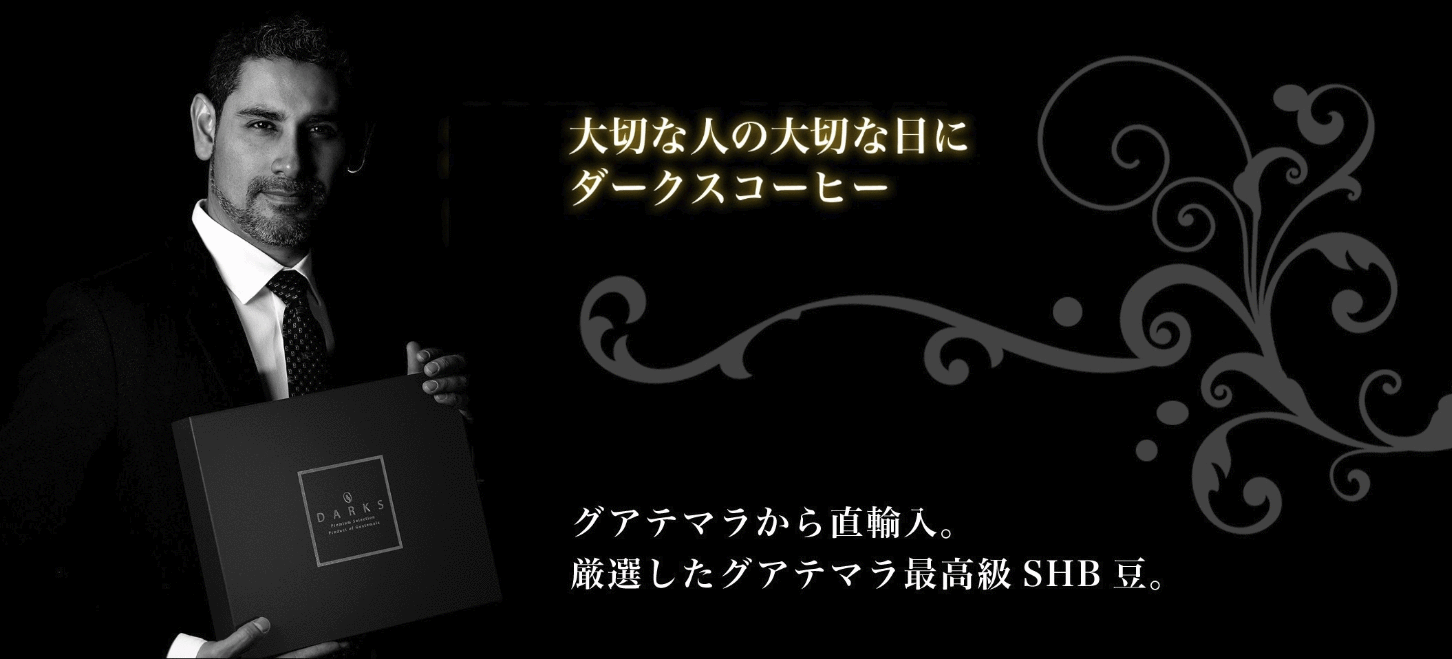
ABOUT US



Coffee Changing The World TM

Coffee is widely loved all over the world, and even in Japan, an average of 12 cups are consumed a week, but there are few opportunities to talk about the reality of production and distribution, and the challenges faced by producers.
Carlos Melen, the founder who moved to Japan at 18 and faced this reality, established GOOD COFFEE FARMS to tackle the problems from the bottom up with producers while ensuring sustainability and traceability.


2011〜
How was this coffee made?

Carlos, the founder, did not know that his home country of Guatemala was recognized as a major coffee country until he came to Japan. At first being from Guatemala made him feel inferior as the country was unknown to many people; sometimes the fact placed him at a disadvantage. However, following the advice of the saying "if life gives you lemons, make lemonade", Carlos realized coffee was his lemon and was determined to do his best with coffee.
His lack of experience gave him unsuccessful results at the first stage of his entrepreneurial story but he finally decided to create a luxury coffee brand selecting high-quality Guatemalan coffee by a Guatemalan guy under the name of DARKS COFFEE in 2011. The concept was unique at the time so it was not long before it caught the attention from media not only in Japan but also in Guatemala.
However, new challenges arose. His clients in Japan, taking the opportunity that Carlos is from Guatemala, asked him details of origin, such as traceability of coffee, fairtrade, use of pesticides, etc. His suppliers in Japan had no solid answers, so he decided to contact the producers directly, finding that the reality that came to light was much worse. In the production process there are many intermediaries and most of the coffee is produced by small producers, it is generally collected at collection points and mixed, then taken to large farms with industrial machinery, where it can be mixed again and then processed, so it is impossible to trace the producer, losing traceability in the first step. When Carlos was faced with this traceability issue, he began to dig deeper to find a solution.

2016〜
The beginning of a new challenge.

Coffee goes through many production steps, starting from the harvest and then refining process such as pulping, fermentation, drying and sorting for export, but smallholder farmers, who represent more than 70% of the total, only take part in the harvest process. This situation leads to problems not only in traceability, but also in various ways such as a structure in which smallholder farmers do not receive fair compensation and environmental destruction caused by industrial machinery. For this reason, Carlos developed a bicycle-powered project in January of 2017. It is environment-friendly without using water, electricity or fuel, and also cheap and accessible to smallholder farmers. Furthermore, smallholder farmers can receive an added-value in the refining process while ensuring traceability.
The groundbreaking efforts were quickly recognized by the media, and smallholder farmers who heard the rumors gathered one after another. Seeing them feel hopeless about the future, however, Carlos decided to hold an auction of coffees produced with bicycles, by small producers who never had a chance before, modeled on the auctions he had seen in Japan of tuna fish and melons that reach incredible prices and motivate producers. The event was a huge success and the maximum price - probably hard to believe - was US$800 for a cup of coffee. Many growers changed their view of the coffee world and decided to follow Carlos and become team members adhering to his vision and strict Japanese-style work rules.

2019〜
Delivering the story to Japan.

Seeing over 200 producers gather with their strong commitment to making a movement together, Carlos decided to export to Japan in 2019. It was also the time GOOD COFFEE FARMS was officially named after receiving the praise of GOOD coffee farming made us possible to produce GOOD coffee. Importing 7 tons of coffee to Japan with no customers or even staff was totally a reckless challenge, but believing in success, Carlos joined the Japan's largest coffee exhibition SCAJ by himself.
The concept of specialty coffee made by bicycle attracted attention not only from Japanese coffee connoisseur but also from coffee producers in other countries such as Africa, Latin America, and Asia, and enabled us to expand the community from scratch. The relationship made at the event with partners have continued thankfully until now, which have encouraged us to continue to deliver GOOD coffee and the story of its producers to Japan while bouncing back form adversity in the time of COVID-19 right after the incorporation in February 2020.

present
A sustainable coffee revolution all over the world.
Currently, more than 100 partners enjoy GOOD coffee from Hokkaido in the north to Okinawa in the south. In Okinawa, we are creating a place where you can learn and study coffee with local smallholder coffee farmers and professors in the university. In addition, we have expanded the project to the countries in Latin America such as El Salvador, Honduras and Colombia by establishing a system that can support more coffee farmers. Our challenge continues aiming for a world full of coffee that is GOOD for producers, consumers, the natural environment and everything. Let's change the world from a cup of coffee!





